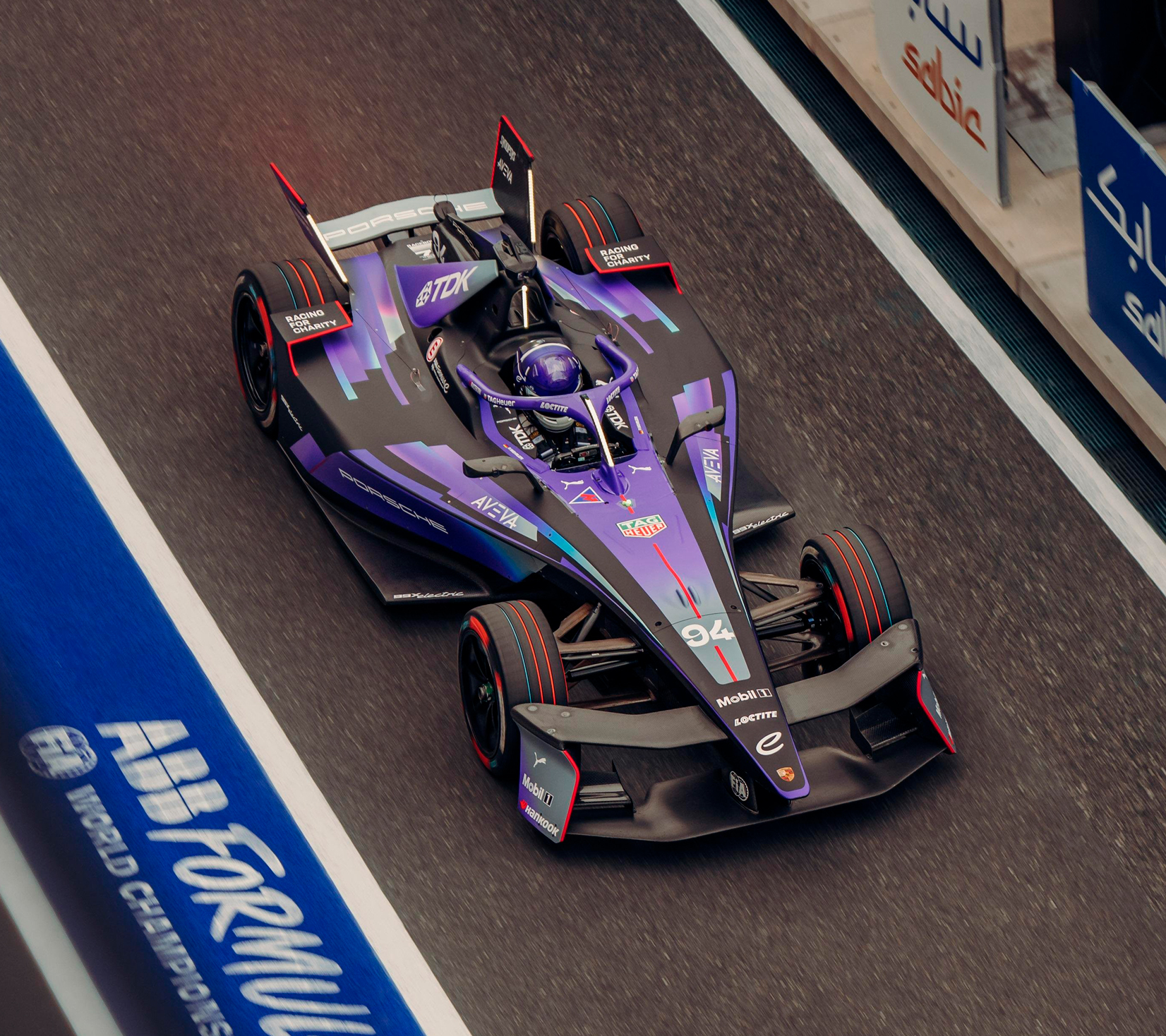Remote monitoring system of body vital functions passes driving test at Vallelunga with flying colors
Providing real-time, high-accuracy monitoring of a racing driver’s body functions when he’s on track, so that his performance can be evaluated from remote and his conditions can be checked from far away if an accident occurs. This is what Vexatec does: the technology was developed together with the European Space Agency (ESA) by a Swiss-Italian start-up created by Italian businessman and manager Salvatore Gandolfo. Now, during the Supercorso organized by Italy’s motor racing authority at Vallelunga circuit, the system was tested and evaluated under the harshest possible conditions: those provided by a racing car on track.
Eight young promising drivers took part in the test: four of them had some Formula car experience already under their belts, the others came directly from karting. Among those ones, Charlie Wurz, the son of the former Austrian F1 driver and FIA consultant, came out as the best one. Each driver wore a chest belt fitted with integrated sensors capable of monitoring their heart and breathing rate, as well as body movements and stress level. A purpose-designed application allowed data to be seen in real time (although they can also be loaded into a digital platform) by the Vexatec staff attending the test, as well as by Chief Drivers’ Instructor Raffaele Giammaria and Supervisor Gian Carlo Minardi. During the test, various Formula single-seaters were used, together with Renault Clio Cup cars and two powerful GTs: a 488 Evo Ferrari and a GT3 Porsche 911.
Marco Rogano, General Director of ACI Sport, commented: “The test was successful, in that it provided very useful data and information. In particular, differences could be observed in the drivers’ conditions when they negotiated their best laps at the end of a run, when tyres where up to temperature. The system has potential for various uses, from monitoring individual performance to assisting in safety procedures”. The Vexatec device is currently being evaluated also for Olympic sports.
Vexatec system was originally developed, jointly with Swiss research center CSEM, in view of an ESA mission to Antarctica. But motorsports quickly became an obvious destination for this technology; moreover, its characteristics in terms of both accuracy and reliability made it the perfect instrument for medical use as well. This is why it was selected within the COMO project for remote monitoring of Covid-19 patients at Sacco Hospital in Milan, Italy, where it has brilliantly moved past the experimental phase already.


